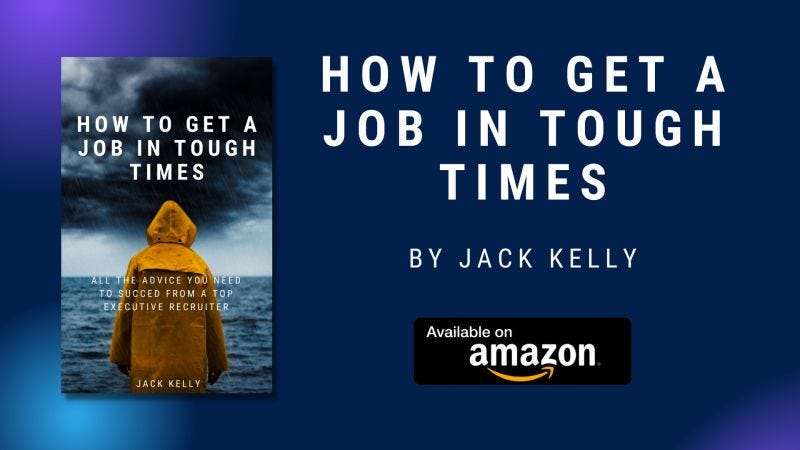You are seeing and feeling it happen. Instead of the new year ushering in enthusiasm, Americans were met with a steady stream of layoff announcements made by an array of companies in various sectors.
Companies, including Citigroup and Google, announced that there will be staggered job cuts within their organizations. To workers, it feels as if they are being pressured to work harder and longer hours to show loyalty and dedication, and avoid getting the ax. They are left feeling stressed, anxious and worried about the safety of their current jobs, while also concerned about the ability to find another opportunity if something goes wrong.
The balance of power between workers and bosses has shifted over the past few years. During the pandemic, workers largely had the upper hand due to a favorable job market and the ability to work remotely. The Great Resignation had companies scrambling to hire workers to keep up with demand. However, with regards to white-collar professionals, as the economy weakened and the labor market cooled, employers began to regain the upper hand.
The Top News Stories Regarding The Economy, Job Market, Hiring, Layoffs And Stock Market
Workers are sour on the job market. According to CNBC, career site Glassdoor found that employee confidence plummeted to the lowest level since January 2016. The big concern to white-collar workers is that there have continued to be unrelenting job cuts from prominent companies, including Amazon, BlackRock, Citigroup, eBay, Google, Microsoft and Universal Music Group.
Economists say that the job market is still robust, but they don’t focus on the number of Americans who are holding several part-time jobs and the large numbers of new jobs coming from the government.
If the job market is strong, why did layoffs double in January? U.S. companies in January announced more than 82,300 job cuts, a 136% increase from December. Layoffs have increased, particularly in the financial and tech sectors. Despite this, economists point to the nation's relatively low jobless rate and ongoing hiring as indicators of a strong job market.
Let’s Go Live With Jack Kelly
The Power Imbalance Between Employers And Employees
In today's job market, amid an economic downturn, companies have the upper hand. In this LinkedIn Live, I will discuss how employers are wielding the power over their workforce, which is evident in the wave of layoff announcements, high executive compensation packages, strict return-to-office policies, lack of executive accountability and the interviewing process.
A somewhat promising sign is that almost 60% of small businesses, which account for roughly 46% of private-sector employees, plan to add jobs this year, according to a new Goldman Sachs survey of 1,459 small business owners taken earlier this month. About 75% of the companies expressed optimism about their financial prospects this year, the investment bank found.
There are now fewer workers who are quitting their jobs, per the Wall Street Journal. Fewer resignations reflect less confidence in the labor market amid news of layoffs and expected slower growth.
Throughout mid-2022 to 2023, major companies announced widespread layoffs, eliminating thousands of roles all at once. The workforce is now experiencing a shift from large-scale layoffs to a more gradual and ongoing process of making small cuts over a long period of time, which is the modus operandi for Citi and Google.
The Stock Market
The stock market has been on a winning streak. The S&P 500—a bellwether for the performance of the top companies—is showing strong performance and setting new all-time record highs.
Investors are advised to remain cautious, especially if their portfolio is overexposed to tech stocks, as the technology sector has the highest forward P/E ratio. The economic data indicates that the U.S. economy remains on solid footing, and there is optimism that the market will continue its recent momentum.
However, there are geopolitical issues that could cause blowback to the stock market. With the wars in the Middle East, Ukraine and possibly China and. Taiwan, the stock market could take a hit.
Fed Chair Jerome Powell Says…
On 60 Minutes, Federal Reserve Chair Jerome Powell discussed the economy, inflation and interest rates. Powell highlighted that despite the Fed raising interest rates 11 times to combat the highest inflation in 40 years, the U.S. economy has managed to avoid a recession.
Inflation has been falling steadily for 11 months, and employment is near a 50-year high. Powell stated, "Inflation has come down really over the past year, and fairly sharply over the past six months. We're making good progress. The job is not done. And we're very much committed to making sure that we fully restore price stability for the benefit."
How To Get A Job In Tough Times: All The Advice You Need To Succeed From A Top Executive Recruiter
There’s an old saying, “Tough times make tough people.” In this book, Jack Kelly will help guide you every step of the way in your job search to ensure that you stay strong, resilient and positive, and get that great, new job.




